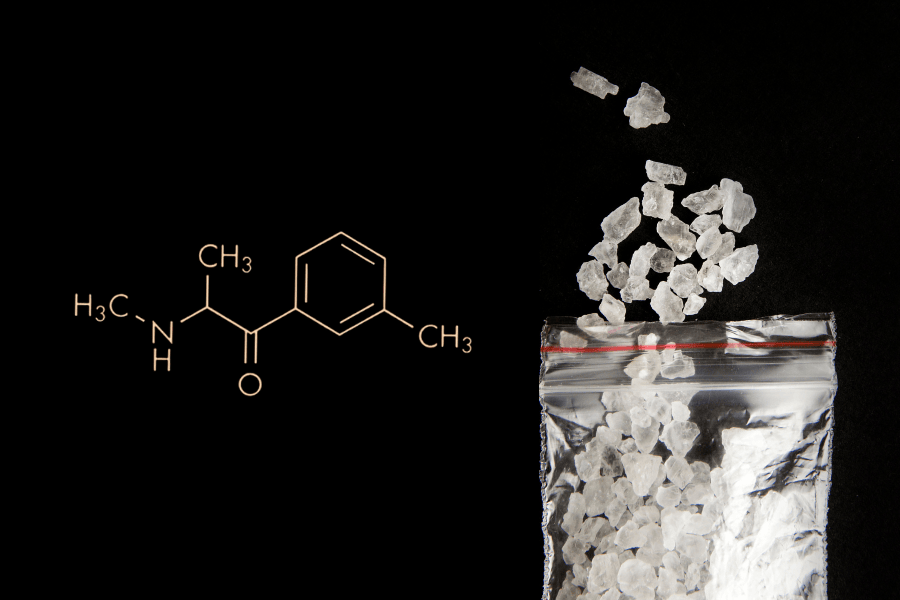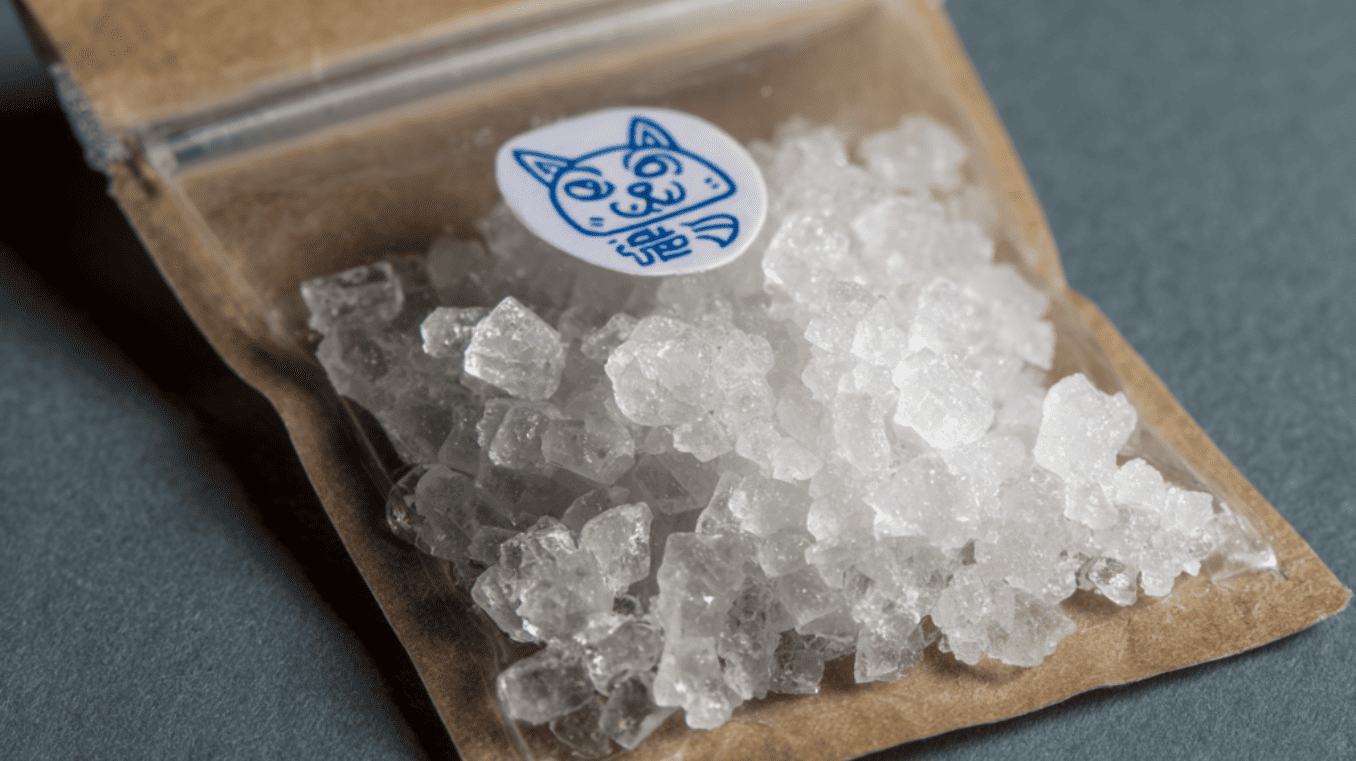What is an Opiate?

Opiates, also known as opioids, are originally potent pain relievers often prescribed for the treatment of severe pain. There are different types of opioids, and while they can effectively alleviate pain, they also come with significant risks. In this blog, we will delve deeper into what opioids are and how they work. Additionally, we will explore the new opioids known as RC opioids. An answer to the question "what is an opiate?" can be found here!
WHAT ARE OPIATES?
Opiates are strong medications containing active substances based on morphine, the active ingredient in opium. Morphine has a numbing effect that can suppress intense pain. However, it also provides relaxing and euphoric sensations. There are multiple types of opioids on the market, and they largely work in the same way. However, various methods of administration are possible.
Do you want to explore other substances that induce euphoric feelings? Then turn to a special research chemical group, the amphetamines! Check out our range of amphetamines products here!
WHAT IS ALL PART OF THE GROUP 'OPIATES'?
Opiates form a large group. Here is a list of the most well-known and common opioids:
- Buprenorphine
- Codeine
- Fentanyl
- Heroin
- Hydromorphone
- Methadone
- Morphine
- Oramorph
- Opium
- Oxycodone
- Tramadol
WHAT ARE THE EFFECTS OF OPIATES?
Opiates work by influencing the activity of nerve cells in the brain. They do so by acting on opioid receptors. These receptors facilitate communication between the body and the brain, and opioids slow down this communication. They alter how the nervous system processes pain signals, reducing the perception of pain or even causing pain signals to disappear entirely. Additionally, the receptors are activated to release dopamine, leading to euphoric sensations.
POSSIBLE SIDE EFFECTS OF OPIATES
In addition to positive effects, opiates can sometimes have unpleasant side effects, such as:
- Drowsiness
- Nausea
- Itching
- Reduced bowel movements
- Increased risk of addiction due to rapid tolerance
- Vomiting
- Dizziness
- Impaired driving ability
WHICH RESEARCH CHEMICALS ARE OPIATES?
Research chemicals, also known as experimental chemicals, are substances used in scientific research and experiments. They are frequently employed to discover new compounds, study pharmacological properties, or gain more insight into the effects of specific substances on the human body.
A well-known opioid research chemical is U-47700, also known as "Pink" or "pink heroin." It is a synthetic opioid with a structure similar to morphine. It has been reported to produce effects similar to opioids, such as pain relief and euphoria. Another opioid research chemical is AH-7921. It is a synthetic opioid with analgesic effects. Lastly, there is O-DSMT, an active metabolite of tramadol. It is considered an opioid agonist and also has analgesic effects. Interested in testing this research chemical for scientific purposes? Get your O-DSMT here!











